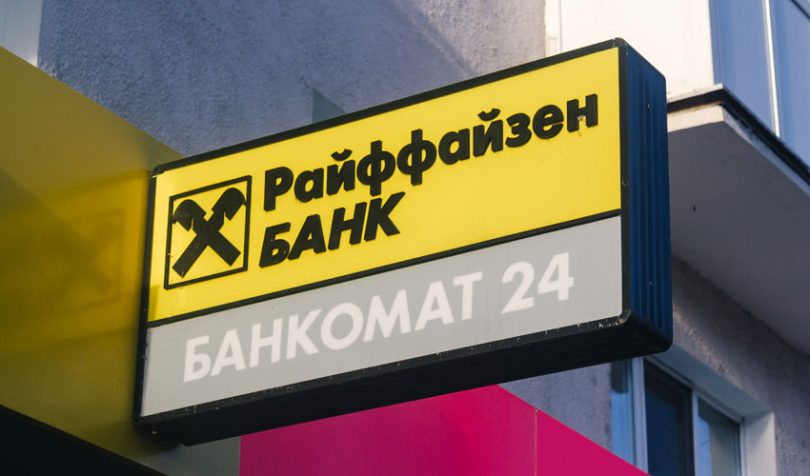On May 31st, the Moscow arm of Raiffeisen Bank announced its creation of a blockchain based platform for fast settlements. Developed with Russian furniture corporation Askona Life Group, the platform automates processes, such as tedious back-office procedures and intercompany payments.
Better known internationally as RBI, Austrian based Raiffeisen Bank has over 16 million customers, mostly in Central and Eastern Europe. Its client, Askona, runs several factories producing goods spanning the spectrum of raw materials, components and market ready furniture. The group includes bedding supplier Ascona, which boasts 820 stores in Russia and surrounding countries.
Traditional transactions within or between corporations take place over private email, so any third party must be included individually. Every payment involves an instruction to the bank which the company has to do via the bank’s online system. That can get messy when there are several participants involved.
Raiffeisen’s solution is automation using a blockchain based system allowing for the free exchange of data, which can be stored securely. Additionally, any other bank can join as a node in the network, using the same ecosystem as their clients.
Askona’s Investment Director Evgeny Kirilov is satisfied with this system: “We received a finished product, which allowed us to significantly simplify the settlement procedure, reduce labor costs by more than 40% and reduce the risk of erroneous postings to zero.”
Raiffeisen is now keen to offer the technology to its other corporate clients. It’s mainly targeting groups of companies with inter-company transactions as well as large manufacturing companies.
“The distributed ledger technology allows us to bring the service that our bank provides to corporate customers to a new level and offer products that banks have never offered to their customers before,” said Anatoly Shvedov, head of Corporate and Investment Banking Products at Raiffeisen.
The system works by replicating a traditional purchase order from the buyer’s ledger onto the blockchain network, where it can be seen by the supplier, the companies’ banks, and other permissioned parties. The trading companies enter into a smart contract, providing authentication and automated payment once goods are received.
Raiffeisen has been using distributed ledger technology since 2017, developing its own R-Chain last year. More recently, the bank joined the Marco Polo blockchain trade finance network.






